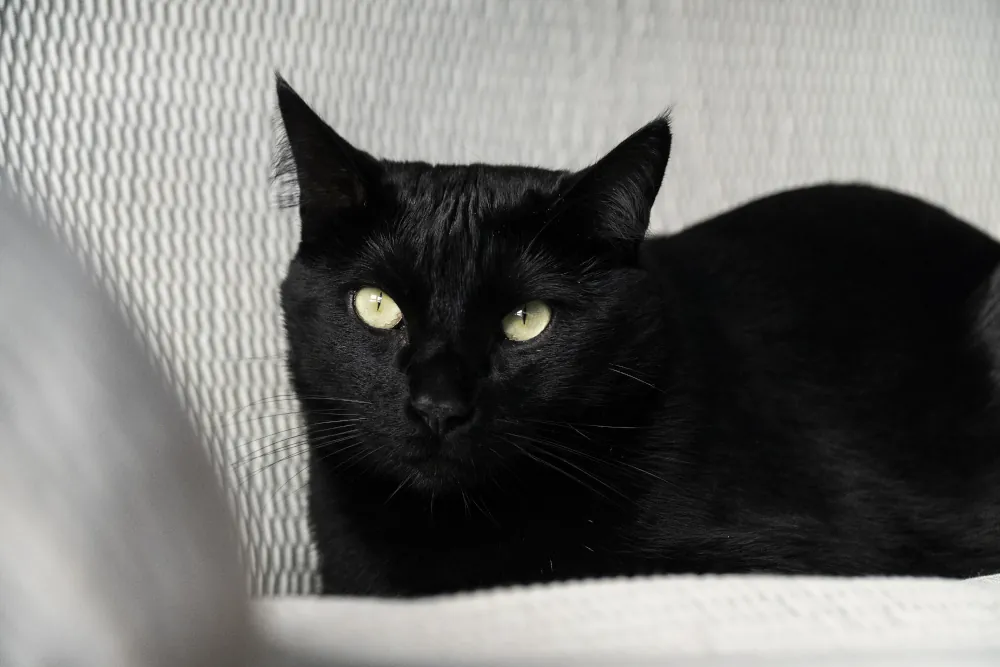For centuries, black cats have been associated with bad luck, witchcraft, and even death. But where did this superstition come from? And is there any truth to it?
One theory is that the association between black cats and bad luck dates back to medieval times. During the Middle Ages, cats, in general, were thought to be associated with witchcraft. Black cats, in particular, were believed to be the familiars of witches, and they were often associated with evil and the devil.
Another theory is that black cats were associated with bad luck because of their color. Black is often associated with darkness and mystery, and it was thought that black cats were capable of bringing darkness and bad luck into people’s lives. This belief may have been reinforced by the fact that black cats are often more active at night, adding to their mysterious and eerie reputation.
Another theory is that the association with bad luck came from the fact that black cats were often associated with death, because of the black color of funeral garb. As death was often associated with bad luck, black cats were thought to bring bad luck to their owners.
It’s worth noting that in many cultures and historical periods, black cats have been considered symbols of good luck, prosperity, and fertility. In ancient Egypt, for example, black cats were considered sacred and were often associated with the goddess Bastet.
In conclusion, the association between black cats and bad luck has its roots in superstition and misunderstanding. The belief that black cats bring bad luck likely stems from medieval associations with witchcraft and the color black’s association with darkness and death. It’s important to remember that cats, regardless of their color, are living creatures with their own unique personalities and behavior, and they should be treated with love and respect.

